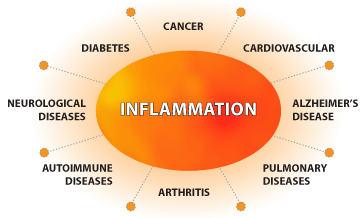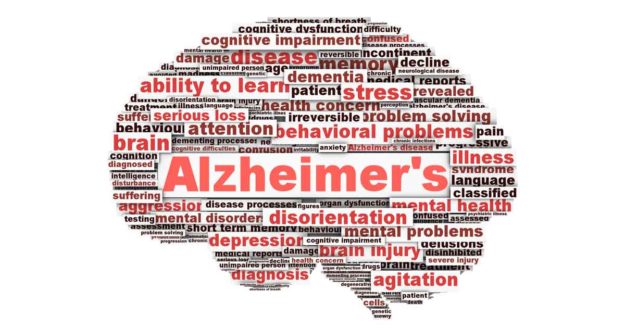Excess Sugar Has Been Linked to An Increase of Risk for Alzheimer’s Disease
Eating a Diet High in Sugar Can Increase the Risk of Alzheimer’s Disease. However, Many Brain-Healthy Strategies Can Aid in Slowing the Aging Process.
The typical Western diet consists of excessive added sugar, omega-6 fats, calories, processed, and pesticide-riddled foods. Individuals who consume a high-glycemic carbohydrate diet or simple carb diet, which consists of white bread, non-whole grain pasta, rice, fruit juice and table sugar, have a 400% increased risk of being diagnosed with Alzheimer’s disease. A new study has also revealed a link between Alzheimer’s disease and high sugar diets which is being referred to by some scientists as “type 3 diabetes.”
A few of the most common risk factors for Alzheimer’s disease are obesity, diabetes, hypertension, heart disease, smoking, using drugs including alcohol, sleep apnea, insomnia, and low estrogen, low testosterone, or thyroid. Your memory isn’t the only thing at risk; insulin resistance has linked Alzheimer’s disease with a variety of behavioral and mood disorders such as depression, panic attacks, anxiety, insomnia, and ADHD.
Alzheimer’s, diabetes, depression, and obesity are national health epidemics that are predicted to rise throughout the years. It’s time to start addressing these disorders as different outcomes from the same health-harming lifestyle that have the same cure rather than separate and unrelated problems. The best approach to preventing Alzheimer’s disease is to reduce and eventually eliminate all of the risk factors that contribute to the onset of the disease; the best part is that most of them are either preventable or treatable!
Using The Following Strategies Can Help Prevent Brain Disease As You Age:
- Stop Consuming Added Sugar – Sugar is not here to help you. Sugar creates inflammation in the body, increases erratic brain cell firing, and spikes your blood sugar level while eventually dropping it like a roller-coaster. It’s important that you understand the difference between types of sugar; fructose and lactose, the sugars found in fruit and milk are perfectly healthy and don’t warrant concern as long as you’re staying within moderation. Added sugars are the enemy, read nutrition labels and skip the sugary drinks, drink water instead.
- Brain Healthy Breakfast– A balanced breakfast consisting of carbohydrates, healthy fats and protein will help keep your blood sugar levels balanced so you can stay focused and increase the smart decisions you make about your body and mind.
- Feed Your Second Brain– There’s a reason your gut is considered your second brain. Intestinal problems increase inflammation—that low-level fire that destroys your organs—and increases your risk for depression, worry, chronic pain and poor cognitive health. To balance your gut health, eat fermented foods or take a high-quality probiotic supplement.
- Choose Lean Proteins– Lean protein gives you the necessary amino acids for a healthy brain without the high sodium and high fats presented in non-lean proteins. The best protein foods to feed the brain are beans, spinach, raw nuts, free-range eggs and omega-3 rich salmon.
- Eat Brain Berries- Wild blueberries, nicknamed “brain berries” by neuroscientists, have high amounts of antioxidants and are known to protect against Alzheimer’s disease.
It’s never too late to begin making healthier decisions for your future mind and body. It sure helps that improving your brain’s health will subsequently improve your focus, mood, and memory. Use the previous strategies to help build a healthier and stronger future for your brain, body, and well-being.
Read the full article at: www.amenclinics.com
Most from this category

Another Study Reveals Inflammation Accelerates Progression of Alzheimer’s Disease
alzheimershelp - December 21, 2017
Protecting Neurons Could Prevent Depression and Cognitive Deterioration Caused by Alzheimer’s
alzheimershelp - November 8, 2017




















